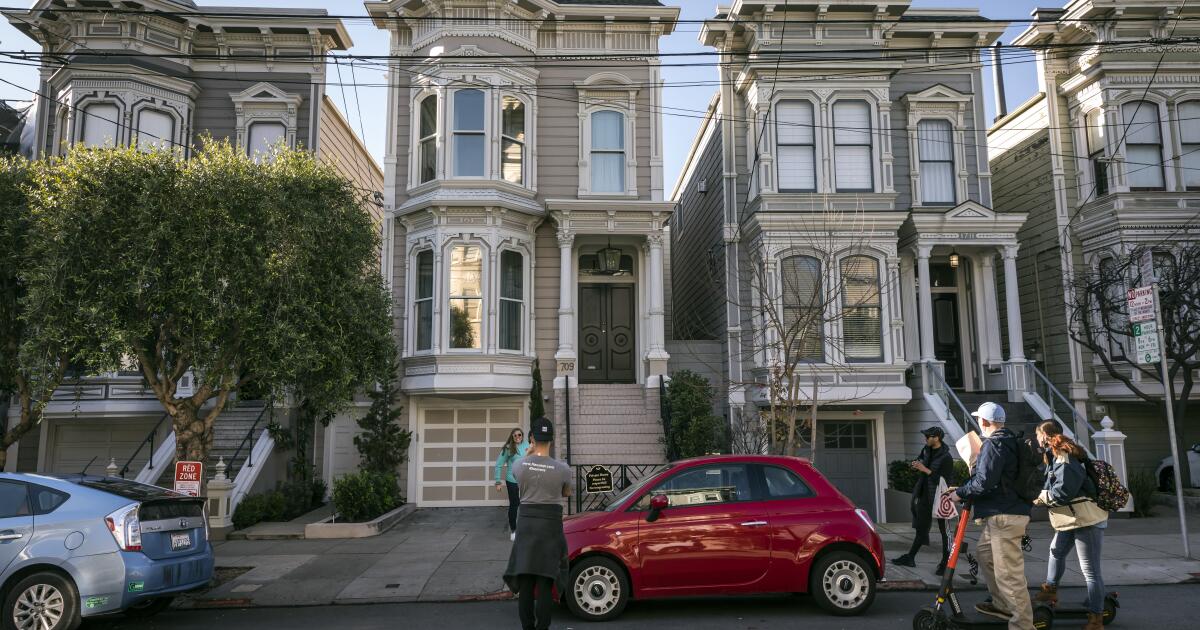San Francisco supervisor proposes boost to city’s film and TV tax incentive
A San Francisco supervisor has proposed increasing the city’s film and television tax credit to lure more productions to the Bay Area.
Board President Rafael Mandelman introduced legislation Tuesday that would create a tiered rebate system based on local spending on items like San Francisco resident wages, services or goods.
To qualify, most productions must spend a minimum of $500,000 in the city and shoot at least five days of principal photography there. Those productions also get a 100% rebate on city agency fees, including permits and police services.
Then, under the new proposal, those projects could get 10% back on the first million dollars spent in San Francisco, then 20% on any qualified local spending beyond that, said Manijeh Fata, executive director of the San Francisco Film Commission.
“As localities across the state compete to attract more film production, San Francisco must stay in the game,” Mandelman said in a statement. “Strengthening our film incentive program will keep jobs in San Francisco and help ensure this important economic activity doesn’t bypass us.”
The legislation is expected to go to a committee hearing next month, with a final vote potentially at the end of January or early February, Fata said.
Though San Francisco’s production incentive was established in 2006, the program has been “underutilized,” said Supervisor Connie Chan, who is co-sponsoring the legislation.
“I support this legislative update so we can ensure the original intent and benefits of the program can be fully materialized,” she said in a statement. “I expect the film rebate program to deliver robust job opportunities for workers, creative promotion of our City through films that will boost tourism and increase sales tax revenue with film industry spending.”
San Francisco’s incentive proposal comes five months after California increased the cap on the state’s film and television tax credit program in an attempt to curb runaway production to other states and countries.
California now allocates $750 million annually to the program, up from $330 million. Legislators also broadened the type of productions eligible to apply for the credit.
Since then, more than three dozen TV shows, including a “Baywatch” reboot, and 52 films have been awarded tax credits.
